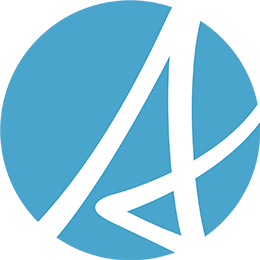And on that note I have just become violently aware at just how little history I know of the various churches, or the real differences between them (past or present)
I'm in agreement with both of these statements.
Long standing tradition not being a valid argument is akin to our organization saying "This is how we've always done things, so we are going to keep doing it the same way!"
Also agreed that it is the parents job to raise their kids, while it is the school's job to educate those kids and ensure their safety during the time they have them.
Too many parents farm out the raising of their kids and put that onus on schools. And schools have tried their best to accomodate this gradual shift (with varying degrees of success) but it isn't their role to essentially be the primary caregiver of the kids that attend it
The Quebec Government site actually has a good summary of the history of education in Quebec.
Two threads of interest that I would add.
One
- when the Catholic church is referenced in Quebec, or the rest of Canada, it seems important to me to note that the different orders, Jesuits, Recollets, Sulpiciens and Oblates didn't just have different hair cuts and colours of robes, they often had separate political affiliations. Some were tied to Rome and the Hapsburgs, some were tied to Paris and the Valois, some were tied to the French merchant class, those that didn't cling to their Huguenot and Calvinist beliefs.
Two -
It was not until 1801 that the first piece of school legislation appeared in the Statutes of Lower Canada (Québec). This law created elementary schools administered by the Royal Institution for the Advancement of Learning, a sort of standing committee on education under the authority of the British governor.
This work was predicated on the work of John Anderson and George Birkbeck at the Andersonian Institute of Glasgow - established in 1796 as a co-ed school for useful learning - a trades school open to all with fees affordable by apprentices. One of the key features of the Andersonian and its offspring was one of the major subjects of dispute - the library. All knowledge was available to all students. All students were expected to be numerate and literate. They were also places where the students and faculty of all classes could discuss and debate and argue about philosophy as well as about steam pressure and safety factors.
In 1801, in many parts of the world this was perceived as dangerously radical and likely to generate more Jacobin terrors.
Regardless they became the norm in the English speaking world as the Mechanics Institutes and the driving inspiration for Egerton Ryerson's public system. Egerton was a good Methodist that believed in the power of literacy and prayer and free thinking. Anglican Bishop Strachan saw him as a dangerous Yankee radical, along with his fellow radical, William Lyon MacKenzie.
Canada's history is not a French-English squabble or even a simple Protestant-Catholic squabble. It is much more multi-faceted than either of those notions would suggest.
In my opinion Canadians have been victimized by those that would seek to create clear divisions for their own political gain when the truth is much more nuanced. People regularly crossed language and national and religious boundaries to form their own associations.





